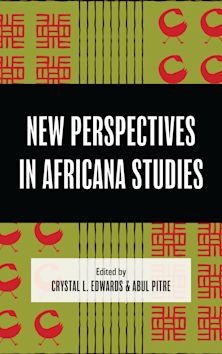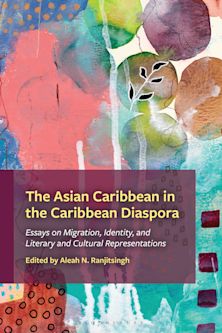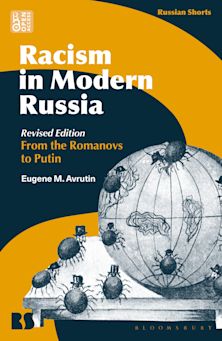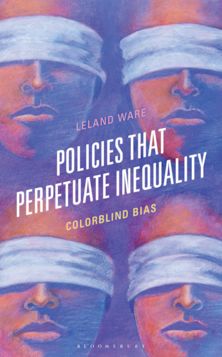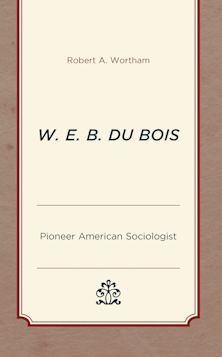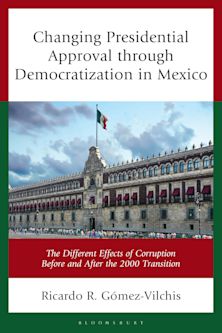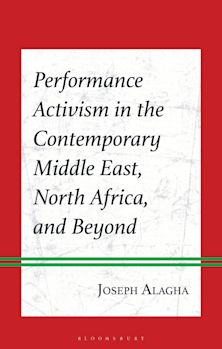The Workings of Diaspora
Jamaican Maroons and the Claims to Sovereignty
The Workings of Diaspora
Jamaican Maroons and the Claims to Sovereignty
This product is usually dispatched within 3 days
- Delivery and returns info
-
Free CA delivery on orders $40 or over
Description
Engaging the past, the present, and the future, The Workings of Diaspora: Jamaican Maroons and the Claims to Sovereignty shows how the lived experience of Jamaican Maroons is linked to the African Diaspora. In so doing, this interdisciplinary undertaking interrogates the definition of Diaspora but mainly emphasizes the term’s use. Mario Nisbett demonstrates that an examination of Jamaican Maroon communities, particularly their socio-political development, can further highlight the significance of the African Diaspora as an analytical tool. He shows how Jamaican Maroons inform resistance to abjection, a denial of full humanity, through claiming their African origin and developing solidarity and consciousness in order to affirm black humanity. This book establishes that present-day Jamaican Maroons remain relevant and engage the African Diaspora to improve black standing and bolster assertions of sovereignty.
Table of Contents
Chapter One: Jamaican Maroons: Histories, Politics and Culture
Chapter Two: Black Abjection
Chapter Three: Origin
Chapter Four: Collective Consciousness
Chapter Five: Sovereignty Claims
Product details
| Published | Aug 29 2023 |
|---|---|
| Format | Paperback |
| Edition | 1st |
| Extent | 166 |
| ISBN | 9781793613905 |
| Imprint | Lexington Books |
| Illustrations | 1 table |
| Dimensions | 230 x 154 mm |
| Series | Critical Africana Studies |
| Publisher | Bloomsbury Publishing |
Reviews

ONLINE RESOURCES
Bloomsbury Collections
This book is available on Bloomsbury Collections where your library has access.












